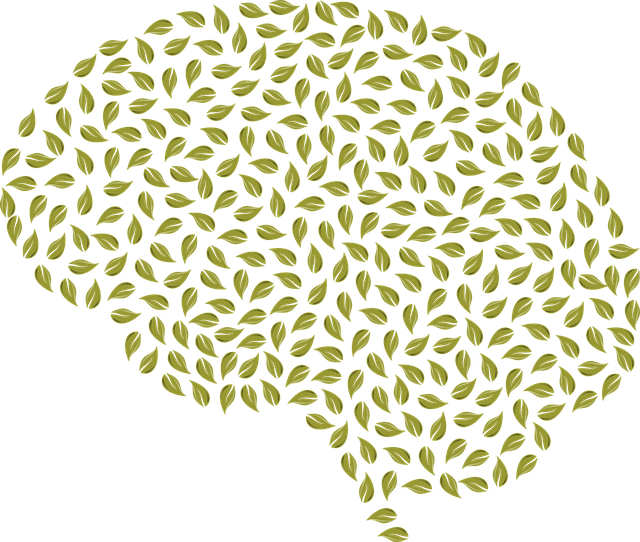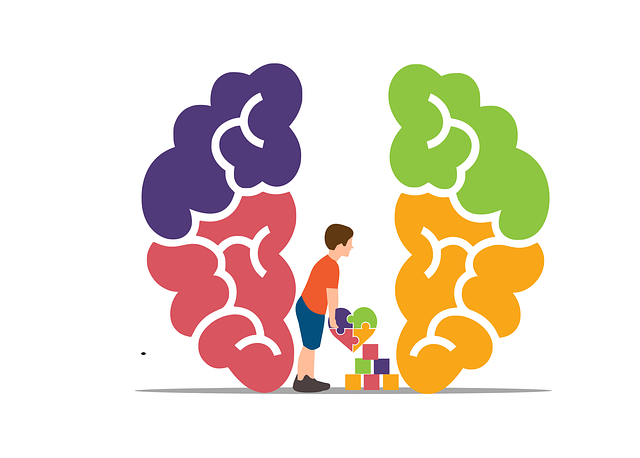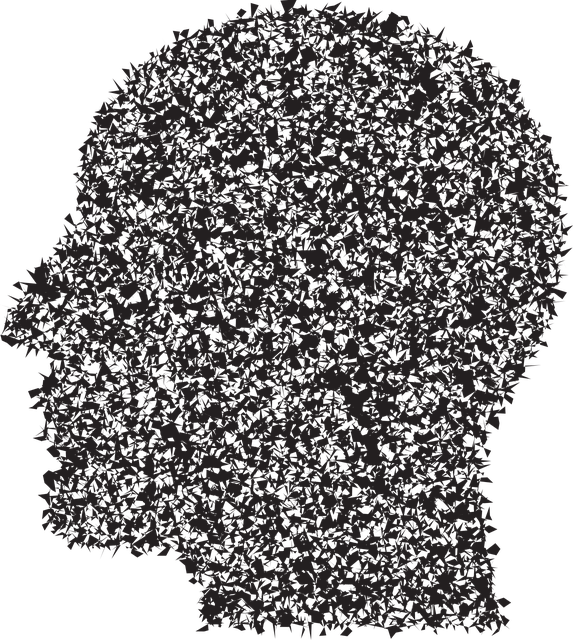Divorce profoundly affects adolescent mental health, leading to emotional turmoil, identity confusion, and various mental health concerns. Tailored therapy and self-care routines are crucial. Programs like Mental Wellness Podcast Series or coaching initiatives provide coping mechanisms, enhance dialogue about divorce's effects, and raise mental health awareness. Individualized self-care should include creative expression, physical exercise, mindfulness practices, community support, and stress management techniques. Structured daily practices empower teens to maintain and improve their mental wellness post-divorce, fostering resilience and emotional balance despite challenges like loneliness or financial strain.
“Uncovering the path to mental wellness for adolescent teens navigating divorce is a multifaceted journey. This article explores the intricate relationship between divorce and young minds, highlighting the importance of self-care routines in healing and resilience. We delve into understanding adolescent mental health, identifying unique needs, and providing actionable strategies for building a therapeutic self-care routine.
Through practical advice, we guide teens towards managing their emotional well-being, offering hope and tools to navigate the challenges that follow divorce. Discover how self-care can be a powerful game-changer in fostering long-term mental wellness.”
- Understanding Adolescent Mental Health and Divorce: A Complex Intersection
- Identifying Individual Needs: What Constitutes a Self-Care Routine?
- Building Blocks of a Healing Routine: Activities and Strategies for Teens
- Sustaining and Adapting: Navigating Challenges and Long-Term Care After Divorce
Understanding Adolescent Mental Health and Divorce: A Complex Intersection

Adolescent mental health is a critical aspect that often intersects with complex life events such as divorce. For teens, this transition can be especially challenging as they navigate emotional turmoil and identity formation during a crucial period of development. The impact of divorce on young minds cannot be overlooked, as it may lead to a range of mental health concerns, including depression, anxiety, and even behavioural issues. Many adolescent teens struggle with processing their parents’ separation, which can result in feelings of confusion, anger, or profound sadness.
In light of this, therapy for adolescent teens going through divorce becomes an essential tool for fostering mental wellness. Professional support allows teens to express their emotions, understand their experiences, and develop coping mechanisms. A well-structured Mental Wellness Podcast Series Production or engaging Mental Wellness Coaching Programs Development can offer valuable insights and guidance, promoting open dialogue about sensitive topics related to divorce and its effect on young individuals. Enhancing Mental Health Awareness among this demographic is vital to ensuring they receive the necessary help and support during such transformative times.
Identifying Individual Needs: What Constitutes a Self-Care Routine?

Developing a self-care routine is a deeply personal journey, and identifying individual needs is a crucial first step. What constitutes a self-care routine varies from person to person, shaped by unique experiences and circumstances. For adolescent teens navigating therapy after a divorce, for instance, self-care might involve activities that foster emotional regulation and build resilience. This could include dedicated time for creative expression, whether through art, music, or writing, as well as physical exercise to promote endorphin release and reduce stress.
Cultural sensitivity in mental healthcare practice plays a significant role here. Recognizing and incorporating culturally relevant coping strategies can enhance the effectiveness of self-care routines. For example, mindfulness practices grounded in traditional meditative arts or community support networks unique to diverse cultural backgrounds can offer valuable respite from emotional challenges. Moreover, integrating these personalized elements into a structured routine can serve as an effective depression prevention strategy, empowering individuals to take proactive steps towards maintaining and improving their mental wellness.
Building Blocks of a Healing Routine: Activities and Strategies for Teens

Creating a healing routine is an essential tool for adolescent teens navigating life’s challenges, especially those who have experienced the impact of divorce. It offers a sense of control and self-care, which are crucial for mental wellness during this formative period. The building blocks of such a routine should focus on both physical and emotional well-being.
Engaging in regular physical activity, like sports or yoga, can help teens channel their energy into healthy outlets, reduce stress levels, and improve mood. Additionally, practices such as mindfulness meditation, deep breathing exercises, or keeping a journal can foster inner strength development and provide an avenue to process emotions. Social skills training through workshops or support groups also plays a vital role in building connections and offering a safe space to share experiences related to divorce. Stress management techniques, when incorporated into daily life, empower teens with tools to cope with life’s demands and promote overall mental wellness.
Sustaining and Adapting: Navigating Challenges and Long-Term Care After Divorce

After a divorce, establishing a mental wellness self-care routine can be transformative for adolescent teens. While the initial phase may focus on processing emotions and adjusting to significant life changes through therapy, the long-term goal is sustainable well-being. This involves adapting coping mechanisms as one navigates the evolving landscape of personal growth post-divorce.
Challenges such as loneliness, financial strain, or custody arrangements can impact a teen’s mental health. Incorporating activities like exercise, mindfulness practices, and engaging social connections can help mitigate stress. Consider exploring mental wellness coaching programs or crisis intervention guidance tailored to divorcees—these resources offer valuable tools for managing transition-related stressors. Over time, developing robust self-care habits becomes crucial for maintaining emotional balance and fostering resilience in the face of life’s inevitable ups and downs.
Developing a mental wellness self-care routine is a powerful tool for adolescent teens navigating the complexities of divorce. By understanding individual needs and incorporating therapeutic activities, teens can build resilience and heal. This article has explored the essential components of such a routine, from identifying personal triggers to engaging in activities that foster emotional well-being. As teens progress through their healing journey, adapting self-care practices to meet evolving needs is key. Seeking therapy for adolescent teens going through divorce can provide valuable support, enabling them to develop coping mechanisms and thrive in the long term.








